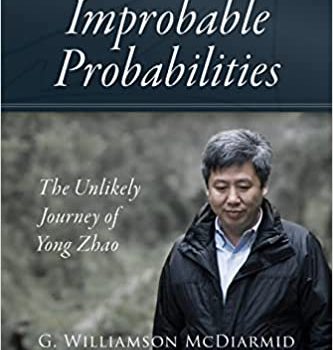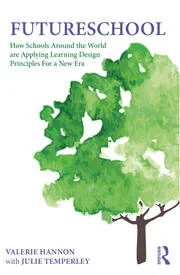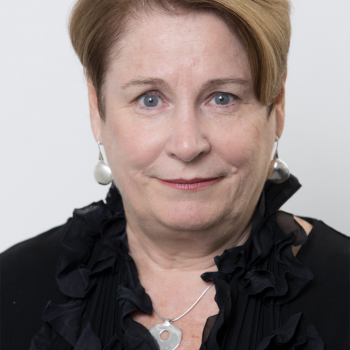- af
- sq
- am
- ar
- hy
- az
- eu
- be
- bn
- bs
- bg
- ca
- ceb
- zh-CN
- zh-TW
- co
- hr
- cs
- da
- nl
- en
- eo
- et
- fi
- fr
- fy
- gl
- ka
- de
- el
- gu
- ht
- ha
- haw
- iw
- hi
- hmm
- hu
- is
- ig
- id
- ga
- it
- ja
- jw
- kn
- kk
- km
- ko
- ku
- ky
- lo
- la
- lv
- lt
- lb
- mk
- mg
- ms
- ml
- mt
- mi
- mr
- mn
- my
- ne
- no
- ps
- fa
- pl
- pt
- pa
- ro
- ru
- sm
- gd
- sr
- st
- sn
- sd
- si
- sk
- sl
- so
- es
- su
- sw
- sv
- tl
- tg
- ta
- te
- th
- tr
- uk
- ur
- uz
- vi
- cy
- xh
- yi
- yo
- zu
Join the national conversation about what matters in learning.
Subscribe to the ALL newsletter and join the dialogue on social media: Facebook, LinkedIn and Twitter.
Valerie Hannon webinar with ACEL Leaders Lounge
October 4, 2022
Valerie Hannon led a webinar ‘Future School’ based on her published book with the ACEL Leaders Lounge. In it, she sets out the framework for any and every school to explore its fitness for the future and build on its strengths in this space and identify its opportunities for development.
Read MoreImprobable Probabilities: The Unlikely Journey of Yong Zhao
September 8, 2022

Improbable Probabilities is an analysis of opportunity as seen through the journey of renowned scholar Yong Zhao. From an obscure village in a China wracked by the Cultural Revolution to acclaim as one of the most influential international voices in education today, Yong’s journey reveals that disadvantages may become advantages and assuming risks that others avoid can open unforeseen opportunities.

What will the schools of the future look like? What will guide their design, and what is happening now to create them? As we enter the age of disruption and hyperchange, it has become increasingly clear that our education systems are not adequate to the task of enabling young people to thrive in a very different future.
Gong for education leader
August 22, 2022

Congratulations to the ever-inspiring Kathe Kirby who was named as a Member of the Order of Australia (AM) for significant service to public administration and tertiary education in the Queen's Birthday Honours List.

The future of schooling is one of the main sessions at the annual conference of the Australian Council for Educational Leaders (ACEL) in September in Sydney.

The Productivity Commission is reviewing the National School Reform Agreement (NSRA) to help inform the development of the next national agreement, due late 2023.
ALL was among 53 organisations and individuals which made submissions to the review. Interim review findings are expected to be reported in September, with the final review and recommendations made public in December.
Education is back on the agenda in Australia. The 21 May election result has spearheaded discussion about much-needed changes to the education landscape, with the Federal Education Minister Jason Clare indicating that his top priorities include boosting the results of Australian school students against international benchmarks and revisiting the needs-based Gonski reforms that aimed to end inequities in the distribution of public money.
Renegotiating learning in a hybrid world
August 10, 2022
This CSE paper puts forward the idea that all scenarios should be considered as different forms of hybrid learning to allow us to focus more closely on the variables we need to consider when designing learning that is rich in technology, complex in nature, synchronously (or asynchronously) occurring in a range of settings, and requiring nuanced learning design. CSE Leading Education Series #11_Renegotiating learning in a hybrid world .
Read MoreThis CSE paper begins a story of critical partnership: layers of dynamic, agentive and collaborative learning, between MetaPraxis teams and their schools and communities; between teachers, between teachers and students, and between students. It charts a journey of transformation, as schools unpacked the philosophy, practice and product of MetaPraxis. sCSE Leading Education Series #7_Learning in a floating world of disciplines
Read More
